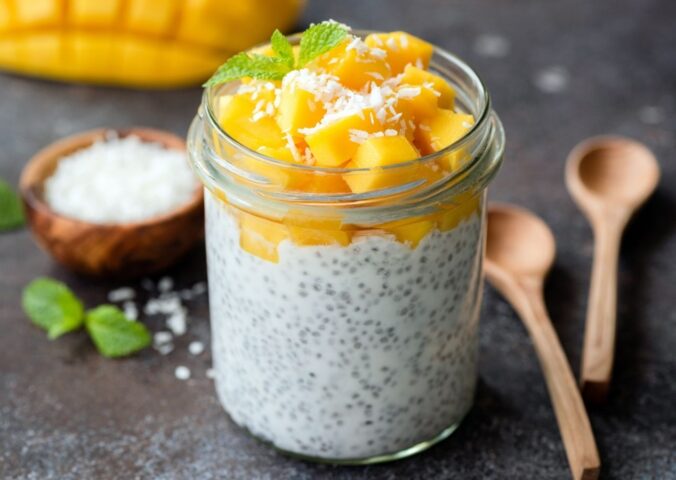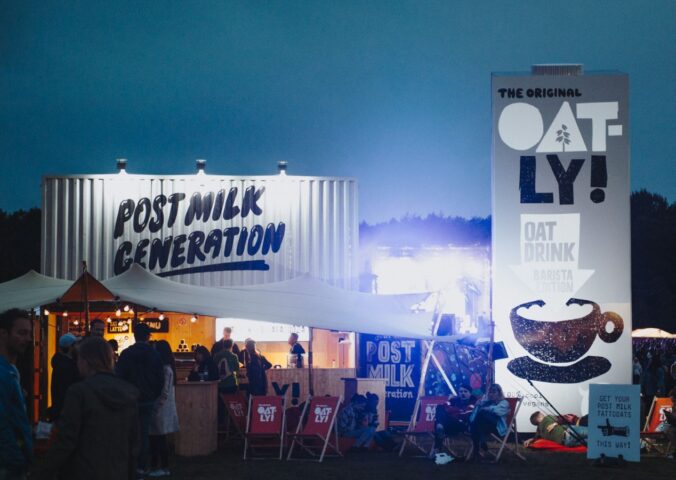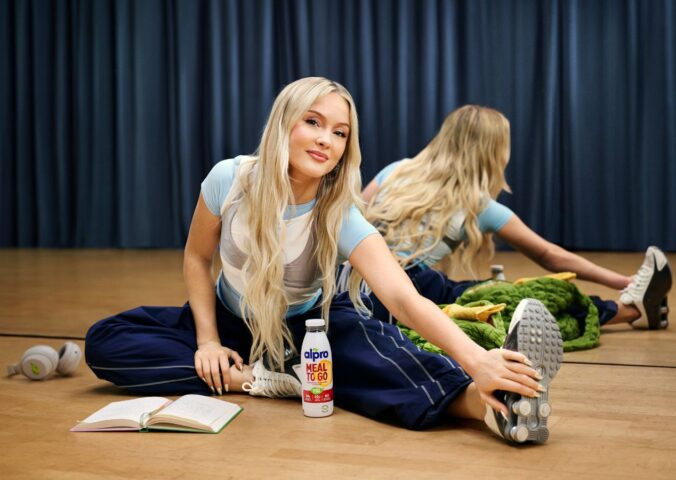A new study suggests that almost half of Generation Z feel shame around ordering dairy products.
The research, by dairy company Arla, examined the rise of social media and its influence on people’s diets. According to the findings, more than a third of Brits make dietary choices based on information they found on social media.
It also uncovered that while 42 percent of respondents felt confused about sustainable eating, 75 percent were concerned for the future of the planet. More than a quarter felt that cutting out animal products was the best thing for the environment.
And despite the fact that the majority of Gen-Zers would “prefer” to drink dairy, more than half still intend to give it up in the next year, the research found.
The purpose of Arla’s study was to dissuade people from making “drastic decisions” around diet based on social media. It also blamed the “rise in cancel culture” for its influence on food decisions.
While social media is undeniably renowned for giving a platform to misinformation, there is credible research that suggests a move away from animal products is essential to mitigate the climate crisis.
Dairy’s environmental impact
For example, back in 2018, the biggest-ever food analysis found that ditching meat and dairy is the “single biggest way” to reduce a person’s environmental impact.
Oxford University researchers evaluated data from 40,000 farms around the world and assessed their impact on the planet, from greenhouse gasses to land use to water waste.
At the time, researcher Joseph Poore said: “[A vegan diet’s impact] is far bigger than cutting down on your flights or buying an electric car.”
The meta-analysis found that dairy milk is responsible for nearly three times the emissions of any plant-based alternative.
Arla acknowledges that animal agriculture has its problems. The dairy giant stated that its milk has “half the emissions of the global average,” and it plans on reducing these further.
“We know that farming is not without its challenges and when it comes to dairy farming and the climate crisis, we have many hills to climb to reach our target of achieving carbon net-zero by 2050,” said Graham Wilkinson, Arla’s Senior Group Agriculture Director.
He added that Arla farmers “are taking action” and “working to drive real change.”
According to Poore’s research, oat and soy milk come out best for the planet in terms of emissions, land use, and water use.
Animal agriculture is the world’s biggest user of land and emits 14.5 percent of global greenhouse gas emissions. And, according to the study, drinking one glass of dairy milk per day for a year uses the water equivalent of 703 eight-minute-long showers.






